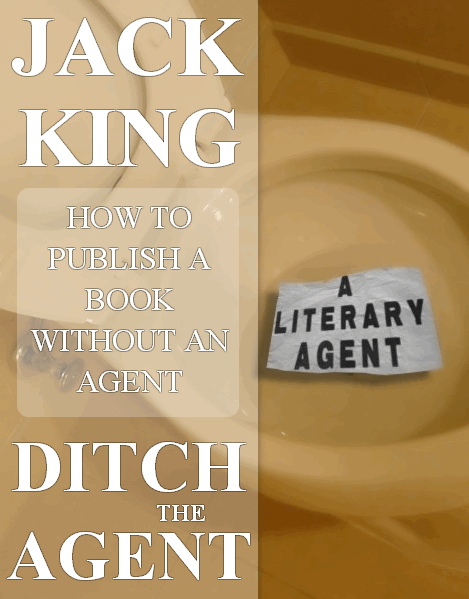There “is money in books.” …
“Don’t expect, however, to find explicit tips on spending, saving, and investing baked into the texts like messages in fortune cookies. Novelists and dramatists seem suspicious if not disdainful of those who dole out advice about money — which is perhaps why, when they do offer worthwhile personal-finance counsel, the words tend to be put into the mouths of imbeciles.” …
“So if literature offers no pecuniary prescriptions and might send overzealous readers off tilting at windmills, why should seekers of financial advice invest any time in it? Based on my own quixotic reading, and after putting the question to both financial pros and professors of literature, there are at least two reasons, I think:”
“First: Novels demonstrate the power the almighty dollar wields over our emotions, thoughts and behavior — and reveal the ripple effect our dealings with money can have on those around us. “
“Second: Fiction is great fun. As much as I enjoy reading psychologists or behavioral economists like Daniel Kahneman and Nassim Taleb, or even the latest Malcolm Gladwell bestseller, no account of psychological experimentation or discourse on the human mind and its failings has ever wedged itself in my memory like the foibles of Micawber and Quixote.”
Continue for advice from these financial gurus: http://www.marketwatch.com/story/want-to-get-rich-read-fiction-2013-11-22

 "The precious metals markets have tremendous potential for investors. But they are also wrapped up in great mystery -- deliberately so.
"The precious metals markets have tremendous potential for investors. But they are also wrapped up in great mystery -- deliberately so. "Smartphones and e-mail might be revolutionising espionage, but old-style personal spycraft is as important as ever when it comes to protecting -- or breaking -- state and corporate secrets.
"Smartphones and e-mail might be revolutionising espionage, but old-style personal spycraft is as important as ever when it comes to protecting -- or breaking -- state and corporate secrets.

